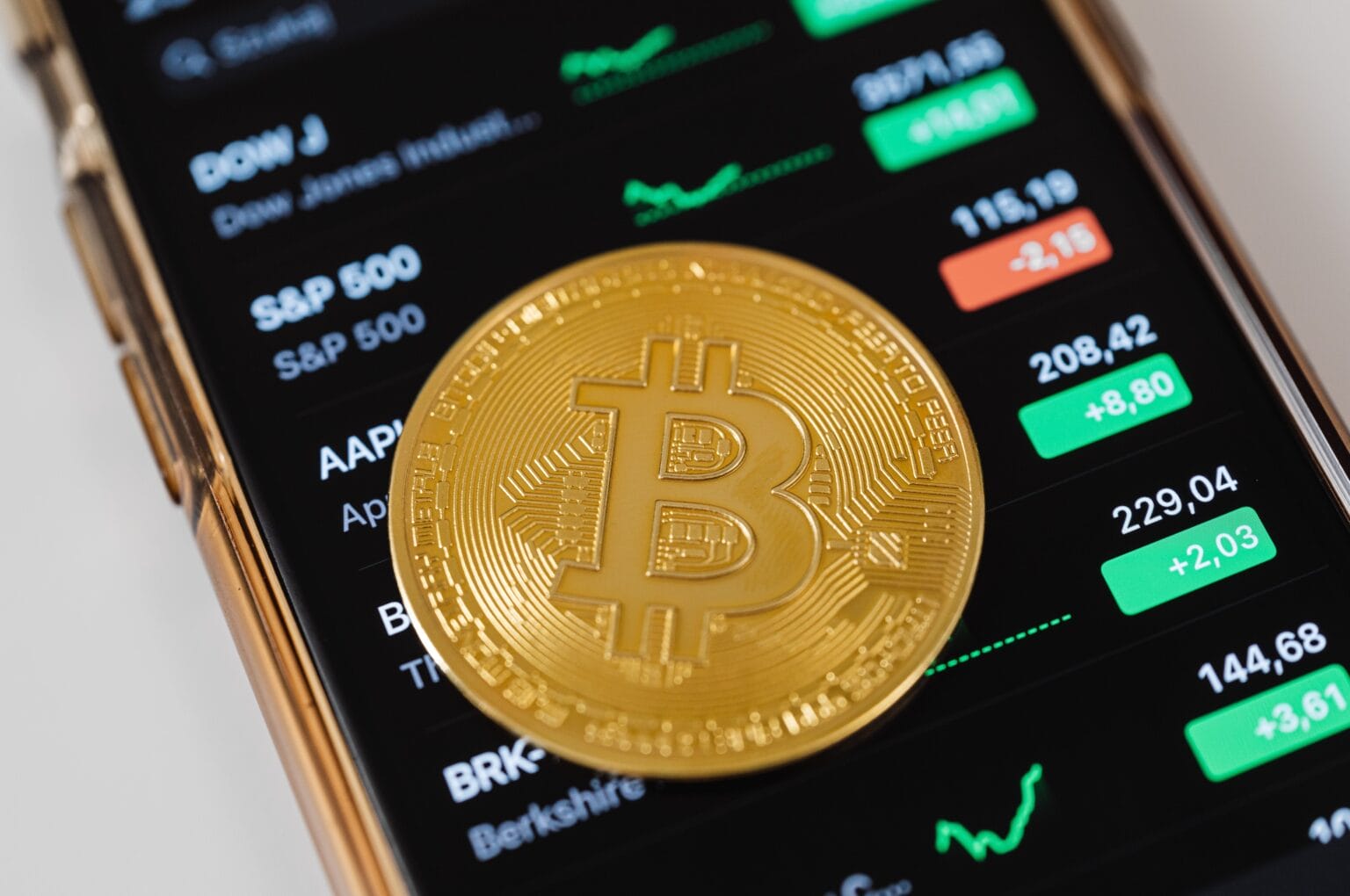Bitcoin, born from a revolutionary vision of a decentralized, peer-to-peer financial system, now stands at a crucial juncture. The cryptocurrency’s foundational principles, centred on empowering individuals by eliminating intermediaries, are encountering a challenge as institutional investors increasingly gravitate toward the security of regulated custodians.
The institutional allure of Bitcoin is undeniable, with its potential for high returns and recognition as a digital haven akin to gold. However, the paradox arises as these institutions opt for the security and compliance offered by custodial services instead of holding actual Bitcoin. This reliance on third-party custodians introduces the concept of ‘paper Bitcoin,’ signifying ownership representation without possessing the actual digital coins. This deviation from the original intent of Bitcoin raises concerns reminiscent of fractional reserve banking, creating a scenario where claims on Bitcoin could outnumber the actual available assets.
Robert Breedlove shared a pivotal perspective during discussions at The Ned, a venue in London’s financial district symbolizing financial sovereignty. He emphasized the importance of holding one’s private keys to truly own Bitcoin, echoing the fundamental principles of the cryptocurrency.
As the debate on Bitcoin’s future intensifies, insights from experts like Freddie New, Head of Policy at Bitcoin Policy UK, offer valuable considerations. New emphasizes the unprecedented opportunity for individuals to fully possess a hard digital asset like Bitcoin without counterparty risk, challenging the choices associated with traditional fractional reserve banking.

Arthur Hayes, co-founder of BitMex, warns of potential consequences as institutional involvement grows, raising concerns about stagnation due to the immobilization of Bitcoin in significant institutional holdings.
This brings to mind a parallel with users transitioning from decentralized file-sharing platforms to centralized streaming services, emphasizing the trade-off between control and convenience.
The centralization of Bitcoin in institutional custody introduces risks, such as legal and regulatory actions, that could compromise the cryptocurrency’s core advantage of individual sovereignty over wealth. Instances like the Mt. Gox incident serve as cautionary tales, highlighting the vulnerabilities of centralized custody.
Moreover, the concentration of Bitcoin in institutional hands raises concerns about market manipulation, drawing parallels with scandals in the traditional financial sector, such as the LIBOR scandal. While institutional participation brings stability and liquidity, the challenge lies in maintaining a delicate balance that preserves Bitcoin’s decentralized principles.
In response to these challenges, emerging solutions like multi-signature wallets and decentralized finance protocols provide alternatives that align with Bitcoin’s decentralized ethos while accommodating institutional interest.
Industry veterans, including Greg Foss, with decades of experience in high-yield credit trading, believe institutional adoption is inevitable and primarily favourable, citing increased adoption and exposure to new buyer groups as potential benefits offsetting concerns.
As institutions embrace Bitcoin through spot Bitcoin ETFs, a critical choice emerges. Will Bitcoin remain true to its original vision as a neutral, global peer-to-peer digital currency, or will it evolve into an asset class aligned with traditional financial paradigms? The resolution of this choice will shape Bitcoin’s future and serve as a litmus test for the broader ecosystem’s commitment to decentralization and financial autonomy.
Ultimately, the crucial lesson is that actual ownership of Bitcoin requires self-custody. Whether held on an exchange or with an institution, if it’s not in your wallet, it’s not entirely yours. The future of Bitcoin hangs in the balance, navigating the fine line between institutional acceptance and the preservation of its revolutionary roots.
